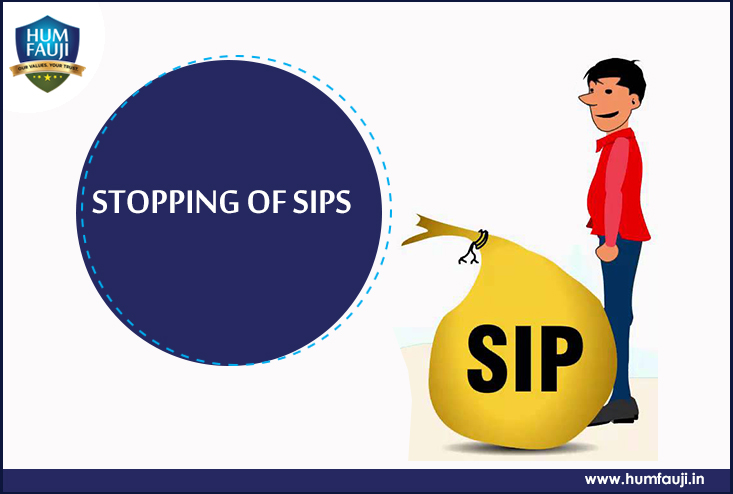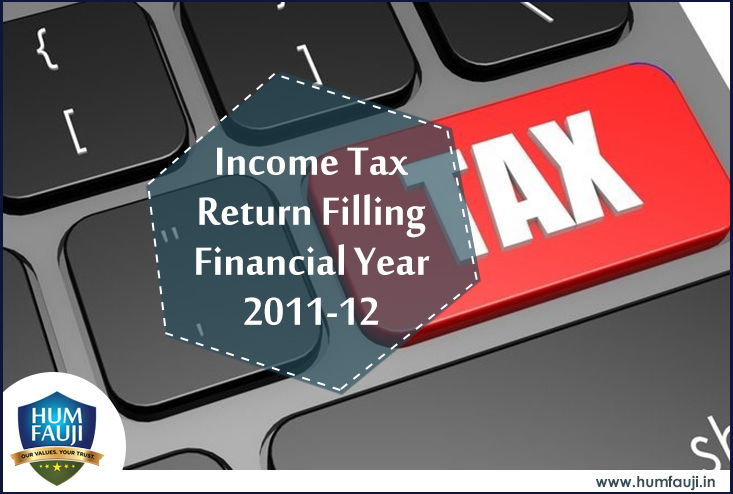Our CEO, Col Sanjeev Govila (retd), had been invited to give a talk on ‘Personal Financial Management for Indian Army Officers’ to the students of Higher Command Wing, Army War College, Mhow. He also gave a talk to approx 35 officers undergoing the ‘Armed Forces Program’ (AFP) at IIM, Indore the same day. The talks were well appreciated at both the places and the Question & Answer (Q&A) Sessions at both the places far exceeded the time allotted.
Some of the questions asked, of common interest to serving and/or retired armed forces officers, are summarised below. Due to the sheer large number of questions asked, this will be given out as a series of 4 parts over next 8 days. This one is Part 3 of the 4 parts – You can check the previous articles here: Part 1 and Part 2.
Q. How does taxation work in Mutual Funds (MFs)?
A. MFs are of two types – Equity or Equity Hybrid Funds, which invest at least 65% of the money in stock markets, and the Debt or Debt Hybrid Funds, which either do not invest or invest a very small percentage of money in stock markets. Their taxation is quite different as given below.
In case of Equity or Equity Hybrid Mutual Funds, if units are redeemed before one year of investment, the gains (profits) are considered as Short-Term Capital Gains (STCG) and will be taxed at a concessional flat rate of 15.60%. If they are redeemed after One year, the gains are treated as Long Term Capital Gains (LTCG) and such gains will be taxed at a concessional flat rate of 10.40% but the first One lakh in one financial year will be tax-free.
In case of Debt or Debt Hybrid Mutual Funds, if units are redeemed before 3 years, the gains will be considered as STCG, will be added to your income and shall be taxed as per your tax slab, like in a bank FD. If they are redeemed after 3, the gains will be considered as LTCG and will be eligible for Indexation benefits (like in real estate) where net tax liability keeps coming down as per Inflation over the years with the passage of time. For example: say Col XYZ invested Rs 100 in a Debt Fund in January 2014 and its value is Rs 150 in November 2017. This means a net gain of Rs 50 after 3+ years. However, since the investment has been held for more than 3 years, Col XYZ is eligible for indexation benefits. The Govt lays down the CII (Cost of Inflation Index) Table from time to time. In the example here, the indexed purchase value inflates to Rs 124 from Rs 100 due to inflation. Hence, the gains of Col XYZ for the purpose of tax is (Sale or current value – Indexed Purchase Value). Thus, the net indexed gain is now Rs 26 (150-124) and not 50 (150 – 100), and the tax liability is Rs 5.41 (Rs 26*20.80%) which effectively comes to 5.41 (5.41/100*100) of tax even if he is in the 30% tax bracket.
Q. What part of the retirement corpus is tax free and what is the tax on the balance? What part of the pension is tax-free if you get a disability? How much disability pension do you get?
A. Your retirement corpus comprises of five components – Gratuity, AGIF/NGIS/AFGIS payback, leave encashment, DSOPF balance and commutation amount, if any. All of these five components are fully tax-free without any ifs and buts. One gets a tax-free pension if even a single rupee of disability pension is granted or if the person is a gallantry award holder. When one gets a disability pension, there are two components – the service pension and the disability pension. Both the components are fully tax-free if the retired armed forces person is getting a disability pension.
For 100% disability, 30% of additional pension is granted as disability pension. For a lesser disability, the disability pension is accordingly calculated on pro-rata basis. The Govt has also done broad banding of disability. For disability up to 50%, 50% disability pension is given; 51-75%, 75% disability pension is given and 76% and above disability gets 100% disability pension.
Q. If Modi Govt doesn’t come back to power, markets will surely crash. Will it not be a good time to invest then?
A. Stock Markets neither work on crystal gazing, nor on political affiliations. They simply work on the performance of economy in general and of individual companies in particular. The markets boomed in general in UPA-1 regime and were generally subdued in UPA-2 regime, when the political party in power was the same. Currently Indian economy is on the upswing and likely to be one of the best performing economy in the world in times to come. If it remains so, markets will do well irrespective of the political scenario. Indian economy has come a long way in the past decade or so and it will be difficult for any political party to either ignore the aspirations of the people or not bother about the economy’s health.
Also, how much are your investments going to be affected by the health of the stock markets is another moot point. If you are going to invested fully or largely in say bank FDs and debt mutual funds, you should be more bothered about the direction of interest rate movements rather than the stock market!
Your life-time savings and you may not get this kind of money again in your life. The money should largely be in safe investments like SCSS and Debt mutual funds but a small portion, say 20-30%, should also go to equity mutual funds. Please take the help of a good financial advisory company, to manage your portfolio so that this balance of ‘Returns Vs Safety’ is carefully balanced out, regularly monitored and changes are done to it professionally when due and required.
(To be continued….)














Leave a Reply